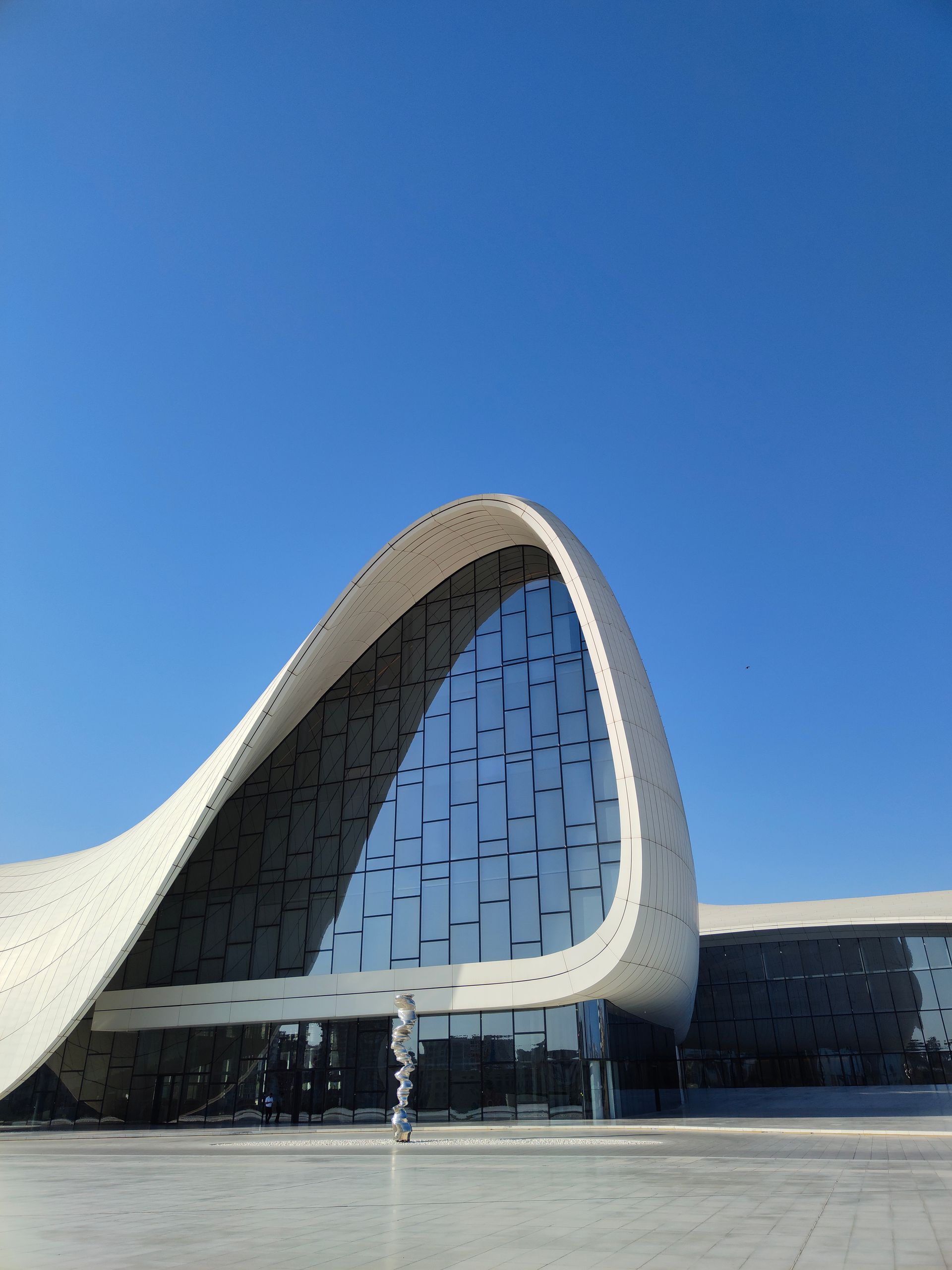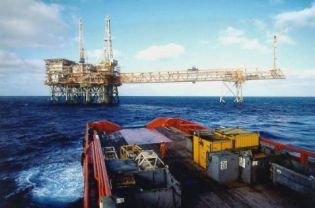The Oil & Gas Industry in Azerbaijan
Few people have the opportunity to visit Azerbaijan. It’s a small country on the western shores of the Caspian Sea, bordered by Georgia and Russia to the north, Armenia to the west and Iran to the south. The history of Azerbaijan is complex, with both Iran and Russia having controlled the country during the past two hundred years. Its current population is about nine million, but there are about twenty million Azeri people living in northern Iran, from the time when part of the country was annexed. This area is called Iranian Azerbaijan and occupies the north-west region of Iran.
The name Azerbaijan literally means the Land of Fire, with a flame as its national symbol. Oil and gas do actually seep up onto the land and catch fire. It’s very European in outlook, and the people assure us that Asia doesn’t start until the eastern side of the Caspian Sea. It has a highly artistic culture and was the first Muslim nation to have an Opera House built, in Baku. Baku functions rather like a City State. Apart from being annexed into the USSR twice, it was also administered by the British Army from 1918 to 1920, after the end of the First World War.
TRAVELERS TALES
One day I decided to take one of the new London style taxicabs operating in Baku to my meeting. A Google Maps print out had indicated that BP Villa Petrolea was about a ten-minute journey by car from my hotel in the centre of Baku. I walked to a small taxi rank about a hundred metres from the hotel and found a London cab waiting there. Before going on with this tale, I should point out that Baku taxi drivers are an interesting group of people, who would not look out of place herding goats on a mountain. Their driving skills are honed on roads that regard pedestrians as a major inconvenience, and official speed limits merely a challenge to their manliness. Another issue is one of language. I realised then that my only address for Villa Petrolea was on a BP business card, printed in English, from one of the staff members based in Baku. Although today the alphabet used for writing in Azerbaijan is a Latin-script alphabet, this had superseded a previous version based on Cyrillic and Arabic scripts. Thus, the older generations were not very familiar with written English, let alone the spoken version. So, having shown the elderly taxi driver the business card containing what I thought was a perfectly clear address, I sat back for my short journey. The road west from Baku was the six-lane highway now incorporated into the circuit for the F1 Grand Prix raced there every year. We soon began to leave the city behind. After fifteen minutes’ travelling, the six-lane highway suddenly ended in a roundabout and we turned off onto a dusty track. I began to feel that something was wrong. This feeling was made stronger as I saw, in the distance, small oil derricks known as nodding donkeys, getting closer, pumping a rather pungent smelling oil or kerosene. I eventually managed to stop the taxi driver and tried to question where we were. To be answered with his only English phrase, ‘BP! BP!’ He clearly had no idea where the BP office was, but he had recognised that BP was an oil company, so had brought me to the middle of the local oil field. Pretty smart really, although perhaps not good customer service. Fortunately, a couple of oil workers came to investigate why a London taxi was driving through their oil field. At this point I had the bright idea of phoning the reception in Villa Petrolea to get directions. I gave the phone to the driver and waited. A subsequent lively and noisy debate between the driver and the oil workers followed for about ten minutes. Nothing is ever quietly discussed in Baku. It resulted in the taxi suddenly turning around and heading back towards the City. All was now well, or so I thought. Eventually we got back onto the six-lane highway, heading east towards the city. After a few minutes the taxi slowed down. Clearly the taxi driver was looking for something. Suddenly he pulled into the fast lane and stopped. At this point traffic was light, so I was not overly worried; that was, until the driver suddenly leapt out, locked the doors, vaulted the central crash barriers and ran across the westbound lanes, narrowly avoiding being hit by cars and trucks, and vanished off into the distance. At this point I took stock of the somewhat disturbing situation rapidly unfolding. I was locked in a Baku taxi, with no driver, stationary in the fast lane of a motorway. Then I saw, casually walking up along the central reservation, two policemen. They were talking and clearly, I thought, going to get me out of this situation. However, they barely glanced at the stationary taxi or me and continued walking down the central reservation. Clearly parking a car in the fast lane is an everyday experience here.
At that point I saw the taxi driver returning the same way as he had gone, again narrowly missing death by inches. Grinning, he got back into the taxi and we sped off. Five minutes later, we turned off the highway and parked outside the ‘Villa Petrolea’. The driver had clearly gone off for further directions and finally delivered me to the right place after a seventy-five minute journey, rather than the ten minutes I had expected. All of this cost me about ten dollars or equivalent, which I considered pretty good value for a tour of the local oil field and eventual delivery to the right place for the meeting.

